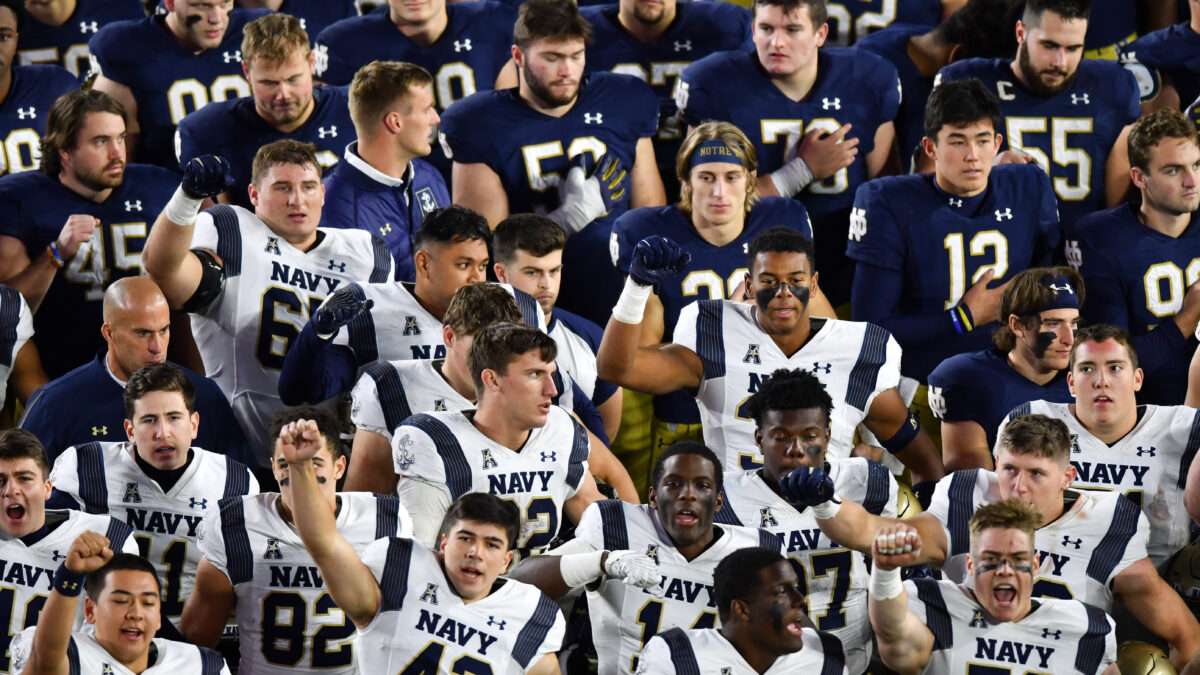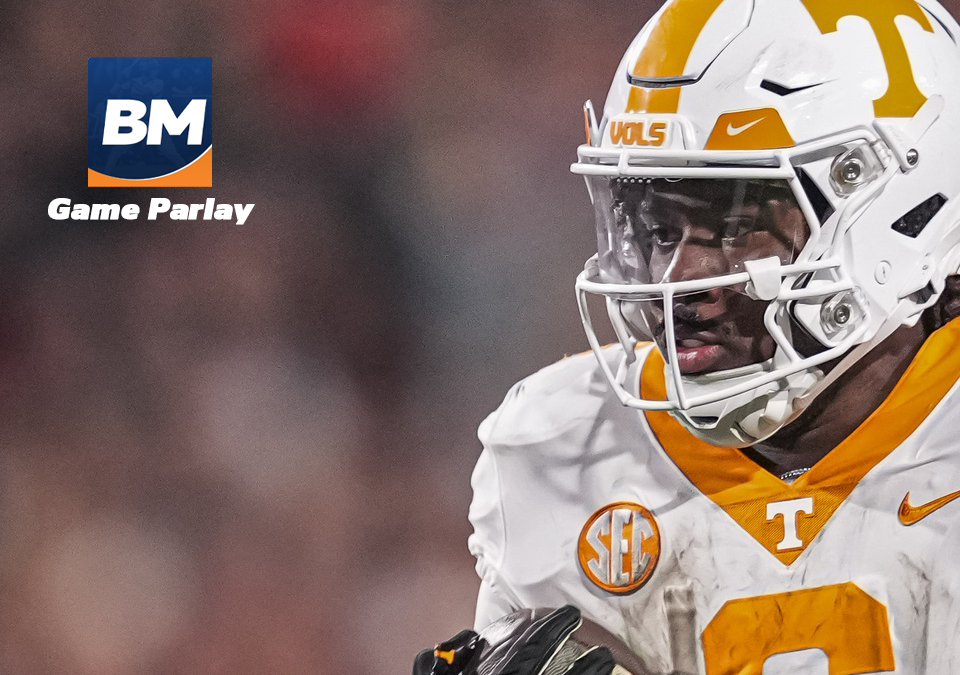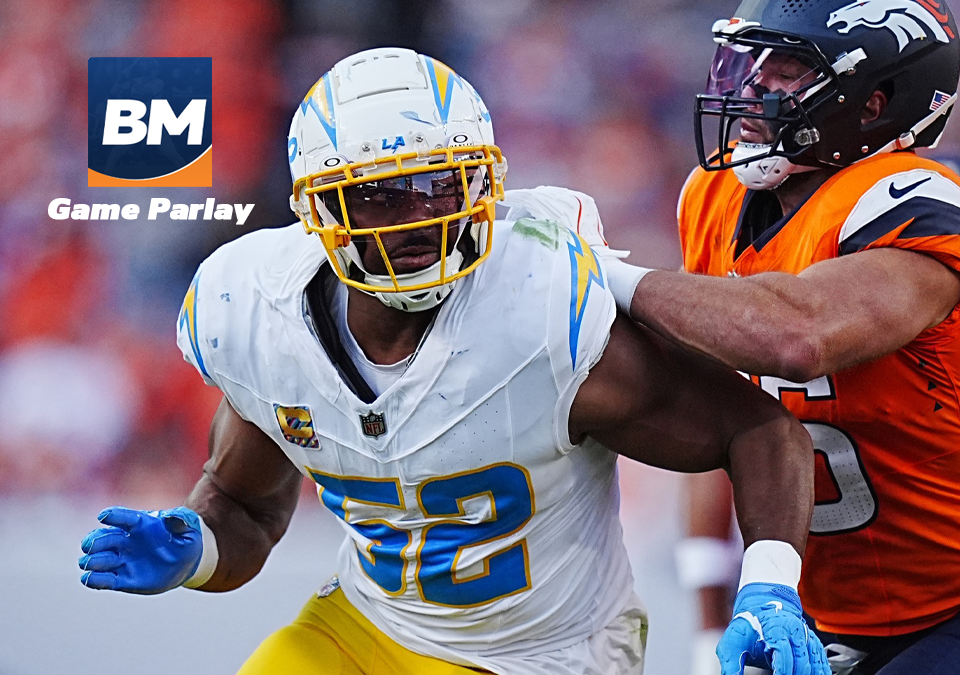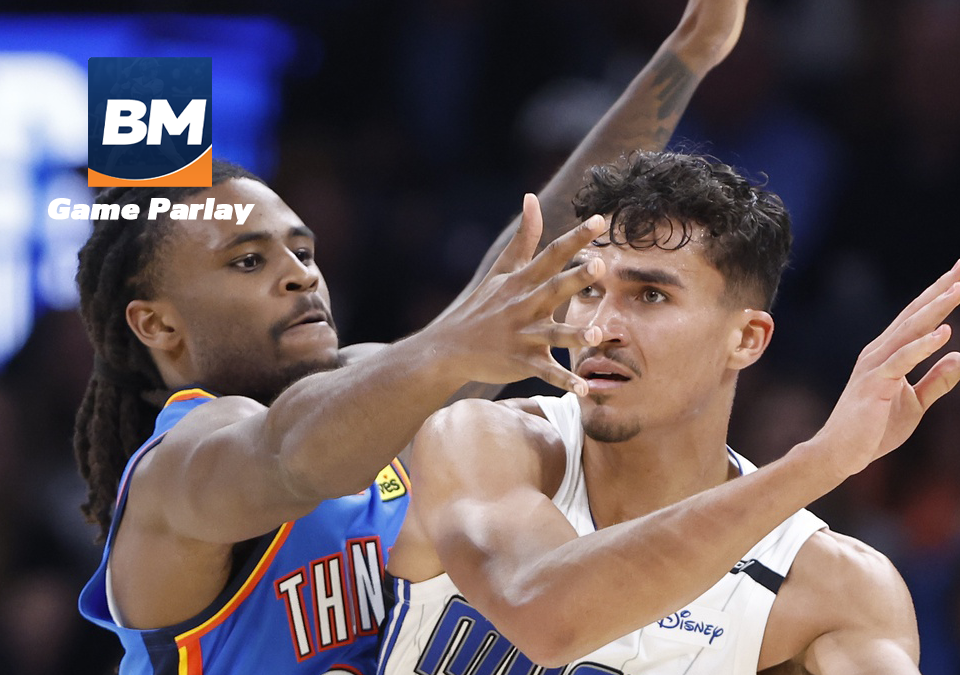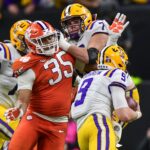
College Football Live Betting Strategies
November 22, 2021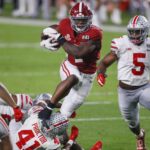
College Football Conference Championship Games
November 22, 2021College football betting offers plenty of great ways to make money. And for those who bet for recreational purposes, it provides the potential for a lot of fun. One of the best examples of fun bets that can win money is college football props bets. Prop bets can be primary or exotic. In college football, prop bets are most commonly played in the pre or postseason, although you can get props action every weekend. Today we’ll take a look at betting on college football props, the different types of prop bets available, and how to do it smartly.
What is a College Football Props Bet?
A proposition bet, called props, is where you can bet on such items as which player will score the most touchdowns, rush, throw or receive for the most years, collect the most sacks, kick the most field goals, intercept the most passes, and many other possibilities too. You can wager on which players will win individual awards, like the Heisman Trophy. You can also bet on team props such as which team will score first or last in a game or half, etc. There are total wins matchup prop bets for teams too. And then there are exotic props, such as what color of Gatorade the winning coach will be splashed with or who the Heisman Trophy winner will mention first in his acceptance speech.
As you can imagine, some props bets are scientific, while other prop bets are just for fun. But regardless of which type of props bet you make, you had best realize that props bets are ultimately designed and priced for you to lose money and for the sportsbook to make a profit.
Heisman Trophy Props
The Heisman Trophy is the best known individual award in college or pro football. Like anything else involved with college football gambling, the odds on the various players to win the Heisman Trophy are based on public recognition, which is often generated by media hype.
Entering the 2020 season, Clemson quarterback Trevor Lawrence was the favorite to win the Heisman Trophy. The case of Lawrence is one that teaches many lessons to gamblers. Lawrence was an understandable Heisman Trophy favorite. As a true freshman in 2018, he led the Tigers to the national championship. Along the way, Lawrence rewrote the Clemson passing record book. Clemson was a co-favorite to win the 2020 national title, which fed into Lawrence’s Heisman hype.
All of this made sense, and betting on Lawrence to win the Heisman seemed to be a reasonable wager. At least until the intangibles were considered for what was a complicated season. Early in the 2020 campaign, Lawrence contracted COVID-19 and missed playing time, including the high-profile primetime national TV matchup against the Notre Dame Fighting Irish. Further, other players came to the fore. Lawrence did rally upon his return, playing well enough to become a Heisman Trophy finalist. But by then, other players had built exceptional cases.
Looking back, the biggest reason not to bet on Lawrence was that everybody else was doing that. There was no real value in taking Lawrence, even if he won because the price was too high.
The lesson here is that you must consider the unexpected on a props bet, just like a regular bet. There is rarely such a thing as a typical college football season or even a routine weekend, and that is why props betting on name-brand favorites is often a wrong move.
The 2020 Heisman Trophy winner ended up being Alabama wide receiver Devonta Smith, who was under the radar before the 2020 campaign kicked off.
Team Win Total Matchups
Among the most popular and strategic college football props are matchups of teams based on their final regular season win total. For example, you may see a props line showing Clemson, and Alabama matched up for the highest regular season win total. Your prop bet is to pick which team will have the higher total at the end of the regular season.
Props Betting Odds are Based on Public Perception
Handicapping college football props bets is done with the same principles as regular. Your job is to combine reasonable probability with a favorable price. The best way to do that is to think like an oddsmaker.

